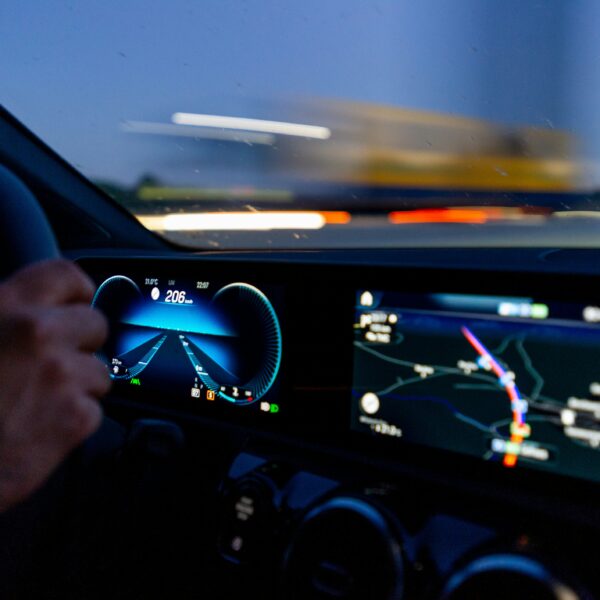The Psychology of Car Safety: How Human Behavior Influences Safety Features
When we think about car safety, our minds often jump to airbags, seatbelts, and advanced driver assistance systems. While these features are undoubtedly essential for protecting us on the road, there’s another critical factor at play: human psychology. The ways in which our minds perceive safety while on the road is often influential in determining how effective these safety features can be. In this blog post, we’ll delve deeper into the fascinating realm of the psychology of car safety, uncovering how our cognitive processes and behaviors impact both our interactions with these features and the ongoing development of innovative safety technologies.
Psychology of Car Safety: The Unseen Influence of Human Behavior
1. Risk Perception
Human beings are not always rational when it comes to assessing risks. People tend to underestimate the likelihood of accidents happening to them personally while overestimating the risks associated with others. This psychological bias can influence the adoption and utilization of safety features. Manufacturers must take into account this tendency when designing safety technologies that people may not believe they need until they experience a near-miss or an accident.
2. The Role of Fear
Fear can be a powerful motivator for change. When individuals perceive a real or imagined threat to their safety, they are more likely to embrace safety features. This is why public awareness campaigns highlighting the dangers of drunk driving or not wearing seatbelts have been successful in changing behavior. Car manufacturers leverage this fear factor by designing features like lane departure warnings and adaptive cruise control to mitigate the fear of accidents.
3. Trust in Technology
Human beings often place their trust in technology, sometimes to a fault. This trust can lead to complacency, as drivers may over-rely on safety features like adaptive cruise control or blind-spot monitoring, believing that the technology will handle everything. Manufacturers must balance technological advancements with driver education to ensure that people understand the limitations of these systems.
4. Distracted Driving
The rise of smartphones and in-car infotainment systems has introduced new challenges to road safety. Distracted driving is a result of human behavior, as drivers often succumb to the temptation of checking messages or changing the music while driving. Car manufacturers are addressing this issue by designing user-friendly infotainment systems and implementing features like automatic do-not-disturb modes.
5. The Influence of Peer Pressure
Human beings are social creatures, and peer pressure plays a significant role in shaping behavior. The perception of safety features as “cool” or “desirable” can drive adoption. Car manufacturers often market safety features as a way to protect loved ones or as a status symbol, leveraging this psychological aspect to promote safety.
6. Habit Formation
Human behavior is strongly influenced by habits. Car safety features, like automatic emergency braking, become effective when they become habitual. Consistent use of safety features can lead to safer driving practices. Manufacturers should design interfaces that encourage habit formation and offer positive reinforcement for using safety features.
Final Thoughts on the Psychology of Car Safety
Car safety is not just about engineering effective features; it’s also about understanding and working with human psychology. Manufacturers must consider how people perceive risk, respond to fear, trust technology, and interact with their peers. By addressing these psychological factors, carmakers can develop safety features that not only protect lives but also change driving behaviors for the better. As drivers, it’s essential for us to recognize our own psychological tendencies and embrace the safety features designed to keep us safe on the road. After all, our lives and the lives of others depend on it.















